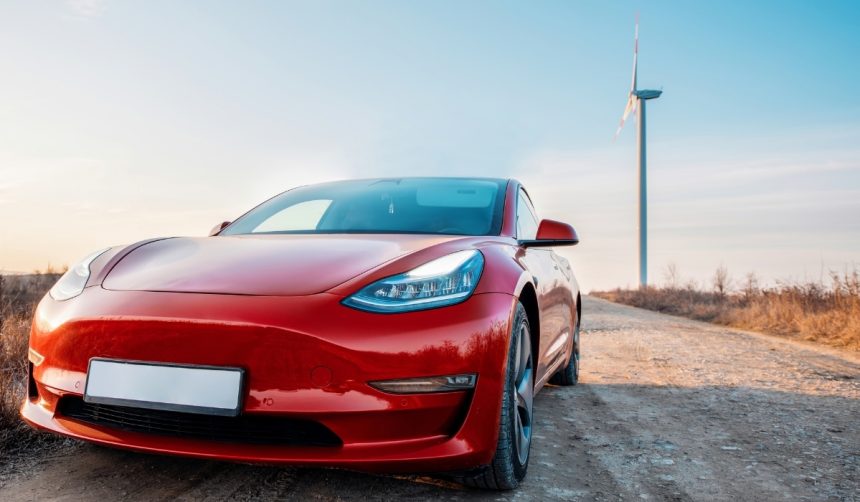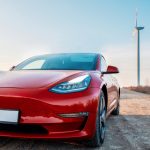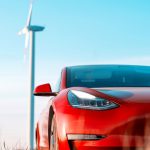Ongoing debate around executive compensation at major technology firms intensified as Michael Dell, CEO of Dell Technologies, offered his viewpoint on Elon Musk’s proposed 2025 CEO Performance Award at Tesla. The topic has become central within investor circles, spotlighting the balance between incentivizing extraordinary company growth and managing shareholder interests. Dell’s remarks come at a time when institutional investors and proxy advisors are deeply divided, and public discussion brings heightened scrutiny to the link between achievement and reward. Market observers are watching the situation closely to assess whether Tesla’s ambitious targets and compensation structure will set a fresh precedent for corporate governance.
When news of Elon Musk’s potential compensation package emerged in earlier years, reactions shifted between skepticism about the attainability of its milestones and enthusiasm for performance-based executive pay in the tech industry. Subsequent coverage has highlighted legal disputes and shareholder engagement efforts regarding Tesla’s previous pay proposals, including concerns about excessive concentration of voting power and scrutiny from industry watchdogs. In comparison to prior discussions which often focused on pay disparity and investor risks, Dell’s direct commentary places stronger emphasis on clear risk and reward mechanisms as central to the debate.
What does Michael Dell say about Musk’s compensation?
Michael Dell has drawn attention to the strictly performance-oriented nature of the pay package, urging shareholders to vote in favor of the plan during a public post on X. He articulated that Elon Musk’s compensation will be realized only if Tesla achieves “exceptionally ambitious market-cap and operational milestones.” Dell noted,
“Vote FOR Elon Musk. The award is only achieved IF he hits exceptionally ambitious market-cap and operational milestones—if he falls short, he gets nothing.”
His comments highlight the contingent structure of the award, clarifying that failure to reach set targets results in no payout for Musk.
What targets must Tesla meet for Musk to be rewarded?
The performance award requires Tesla to expand its market value from approximately $1.1 trillion to $8.5 trillion within ten years. To unlock the prize, the company’s annual operating profit must also surge from $17 billion to $400 billion. Additionally, Tesla must accomplish product-specific achievements: 20 million cumulative vehicle deliveries, 10 million Full Self-Driving subscriptions, and at least 1 million operational Tesla Bots and Robotaxis. This arrangement underscores a direct relationship between company performance and executive compensation.
How are others responding to the proposed plan?
The plan has drawn divided reactions, with proxy advisory firms such as Glass Lewis and ISS recommending a vote against the award, citing concerns over its scale and governance implications. By contrast, notable investors like ARK Invest CEO Cathie Wood expressed support, emphasizing Musk’s significant role in Tesla’s progress and talent acquisition. Musk himself responded to Dell, stating,
“Thanks Michael.”
The split in opinion among stakeholders reveals ongoing tension over compensation structures tied to long-term corporate targets.
When evaluating executive compensation packages of this magnitude, investors often weigh the likelihood of achieving such bold targets against the potential benefits to shareholder value. Tesla’s proposed metrics significantly exceed what has been expected from leadership in comparable firms, raising important questions about sustainable growth and effective motivation. As proxy votes loom, the outcome will likely influence how technology companies design performance compensation in the years ahead. Stakeholders will benefit from scrutinizing both the transparency of incentive structures and the actual feasibility of the goals tied to such awards.
- Tesla links Musk’s 2025 pay award to extraordinary performance targets.
- Michael Dell publicly supports the conditional compensation structure for Musk.
- Investors remain divided about the long-term implications of the plan.










